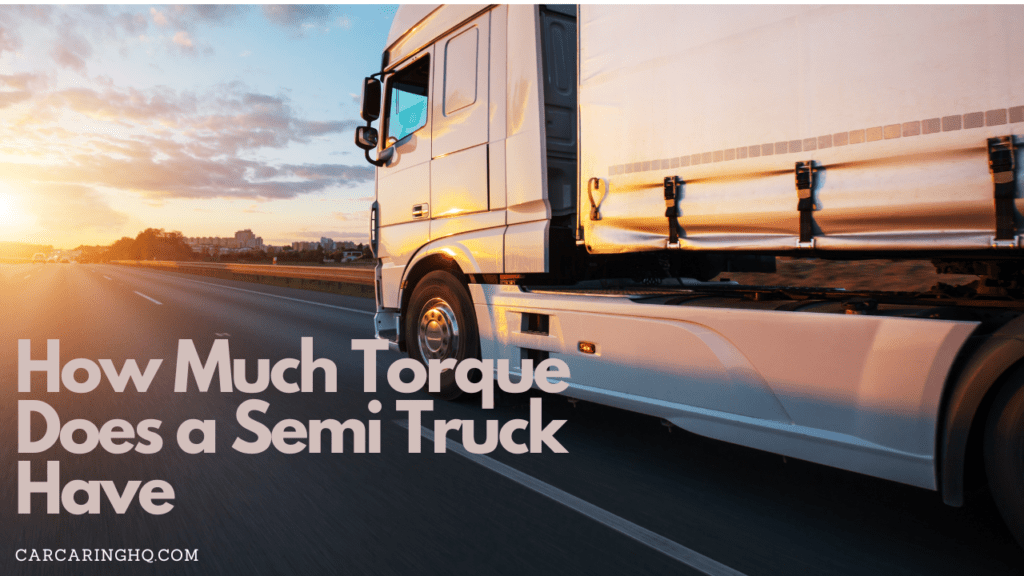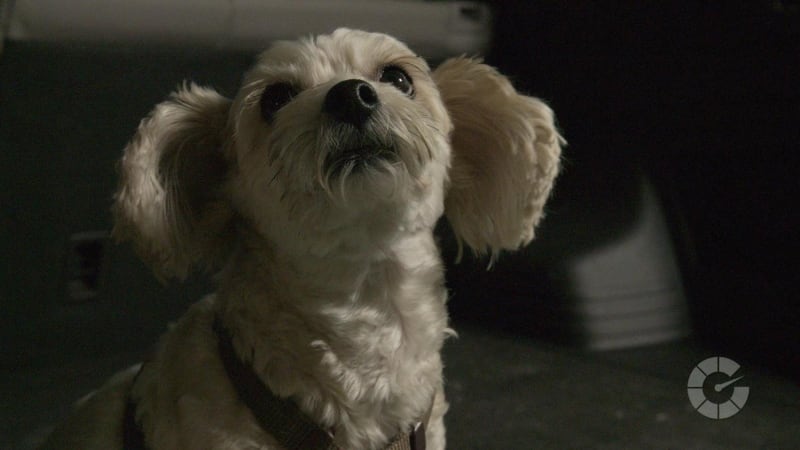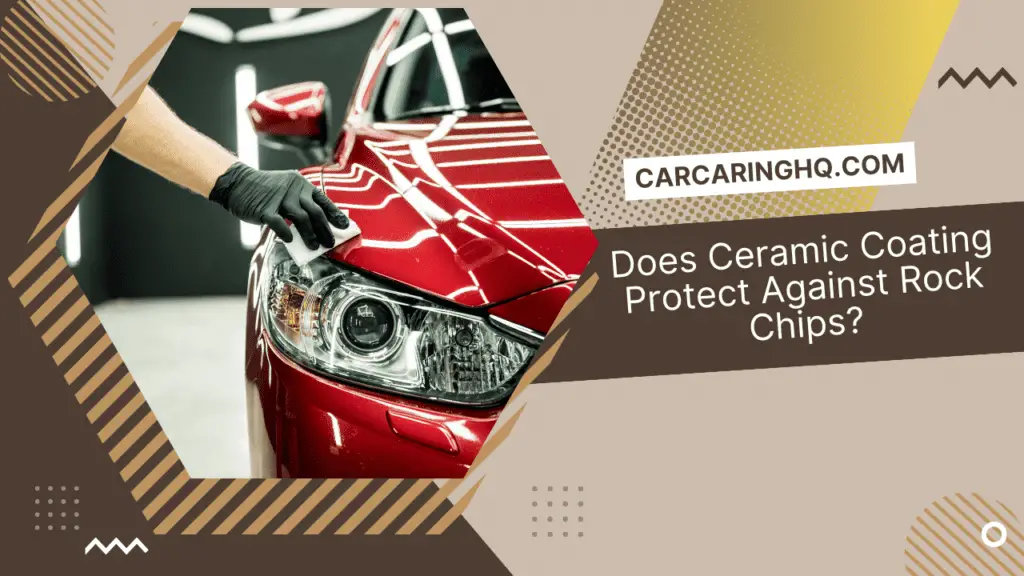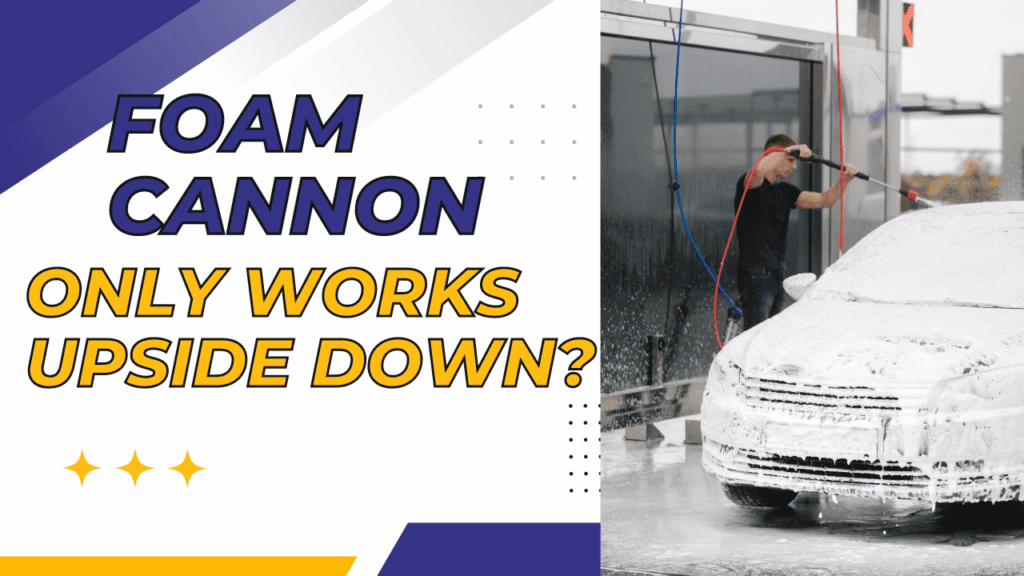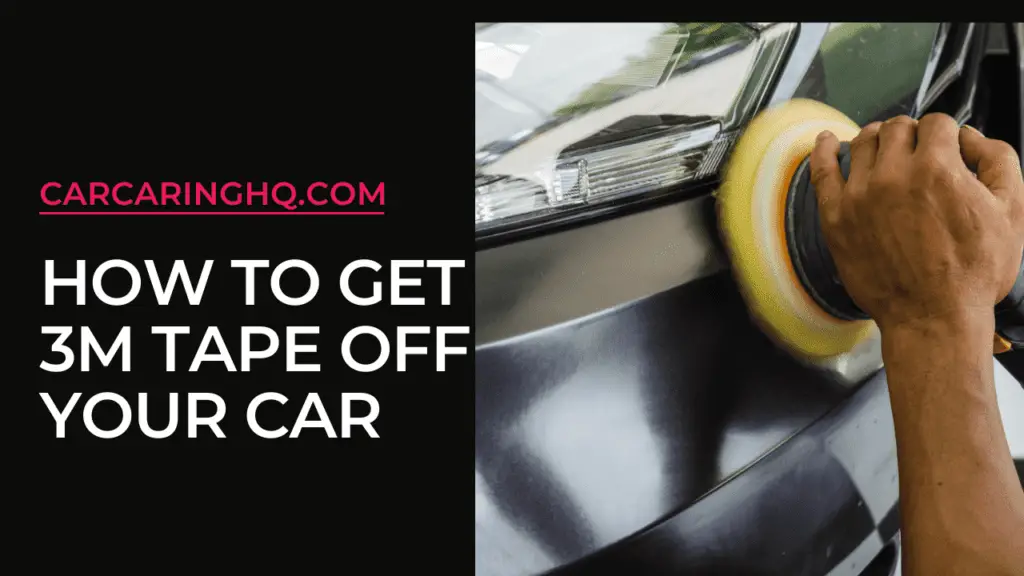Car wraps have gained popularity in recent years as an effective way to change the appearance of vehicles without the need for a permanent paint job.
Whether you’re looking to advertise your business or simply enhance the aesthetics of your car, a car wrap can be a great option. However, one of the most common questions people have is, “How much does it take to wrap a car?”
In this article, we will explore the factors that affect the cost of car wrapping and provide you with a comprehensive understanding of the expenses involved.
Car wrapping involves applying a vinyl film to the exterior of a vehicle, transforming its color or adding custom graphics and designs.
It is a popular alternative to repainting because it is temporary, removable, and offers various design options. Car wraps not only protect the underlying paint from scratches and UV damage but also provide an opportunity for personalization.
Table of Contents
What is a car wrap?
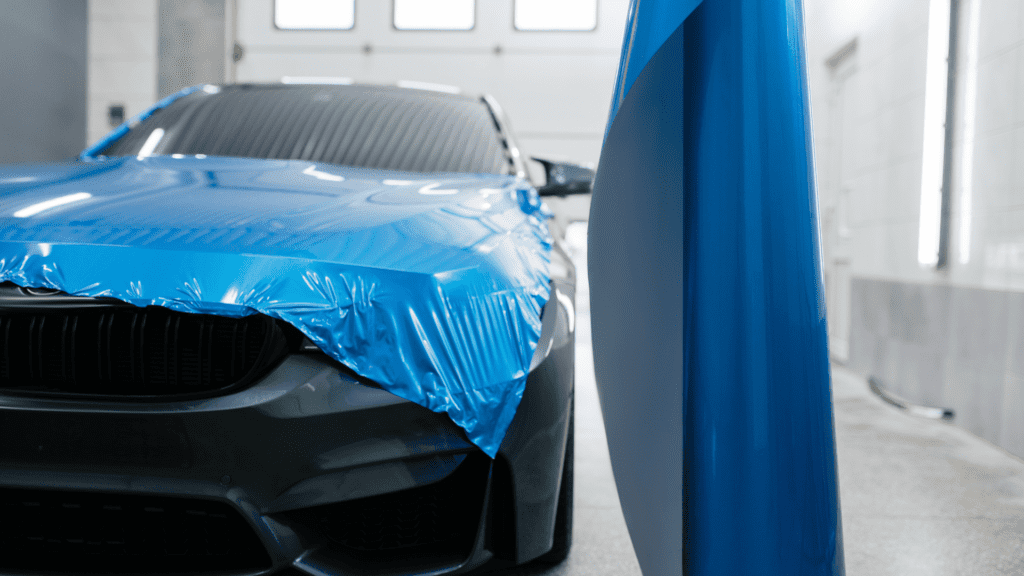
A car wrap is a vinyl film that adheres to the surface of a vehicle. It is applied meticulously by skilled professionals who ensure a smooth and seamless finish.
Car wraps can be either partial or full, depending on the desired coverage. Partial wraps typically cover specific areas of the car, such as the hood, roof, or side panels, while full wraps cover the entire vehicle.
Benefits of wrapping a car
Car wraps offer several advantages over traditional paint jobs.
Firstly, they provide an extra layer of protection to the underlying paint, shielding it from minor abrasions and sun damage.
Secondly, car wraps are completely removable, allowing you to revert to the original paint color or change the design whenever you desire.
Additionally, wraps provide an opportunity for businesses to advertise their brand or products effectively. The eye-catching graphics and custom designs on car wraps help businesses gain visibility and generate brand awareness.
Also Read : Who Makes Weize Batteries: Exploring the Power Behind the Brand
Factors that affect the cost of car wrapping
Several factors influence the overall cost of wrapping a car. Understanding these factors will give you a better idea of what to expect when obtaining quotes from car wrapping service providers.
Size and type of the vehicle
The size and type of your vehicle play a significant role in determining the cost of wrapping. Larger vehicles, such as trucks or vans, require more material and labor compared to smaller cars.
Additionally, complex vehicle shapes or curves can make the installation process more challenging, which may increase the cost.
Type of wrap material
Car wraps are available in various materials, each with its own characteristics and price points.
Vinyl wraps come in different qualities, ranging from economy-grade to premium, high-performance options. H
igher-quality materials are generally more durable, longer-lasting, and may offer additional features such as self-healing properties or enhanced color vibrancy. The choice of wrap material will impact the cost.
Complexity of the design
If you opt for a custom design or intricate graphics, the complexity of the artwork will affect the cost. Designs that require precise alignment, multiple layers, or extensive detailing will require more time and effort from the installers, thus increasing the overall cost.
Labor costs
The labor costs associated with car wrapping can vary depending on the expertise and reputation of the service provider. Highly skilled professionals with extensive experience may charge more for their services, but their expertise ensures a superior installation.
It is important to balance cost considerations with the quality of workmanship when selecting a car wrapping service.
Average cost of car wrapping
The cost of wrapping a car can range widely depending on the factors mentioned above.
On average, a basic color change wrap for a standard-sized car can cost anywhere from $2,000 to $5,000.
For larger vehicles or more complex designs, the cost can exceed $10,000. Keep in mind that these figures are estimates, and prices may vary based on your location and the specific requirements of your project.
Additional costs to consider
In addition to the basic cost of car wrapping, there are a few other expenses that you should take into account.
Removal of previous wrap or paint
If your car already has a wrap or a painted surface, its removal might be necessary before applying a new wrap. The removal process can require additional labor and time, which will add to the overall cost.
Similarly, if the vehicle has any imperfections or blemishes on the paint, surface preparation may be required, increasing the cost further.
Custom design and graphics
If you are looking for a unique and personalized design, the cost will increase accordingly. Custom graphics, intricate patterns, or logos require additional design work and precise installation, which may incur extra charges.
Additional services
Some car wrapping service providers offer additional services that can enhance the longevity and durability of the wrap. These services may include protective coatings, such as ceramic coatings or paint protection films, which provide extra protection against scratches, stains, and UV damage.
While these services come at an additional cost, they can significantly extend the lifespan of your car wrap.
How to find a reputable car wrapping service
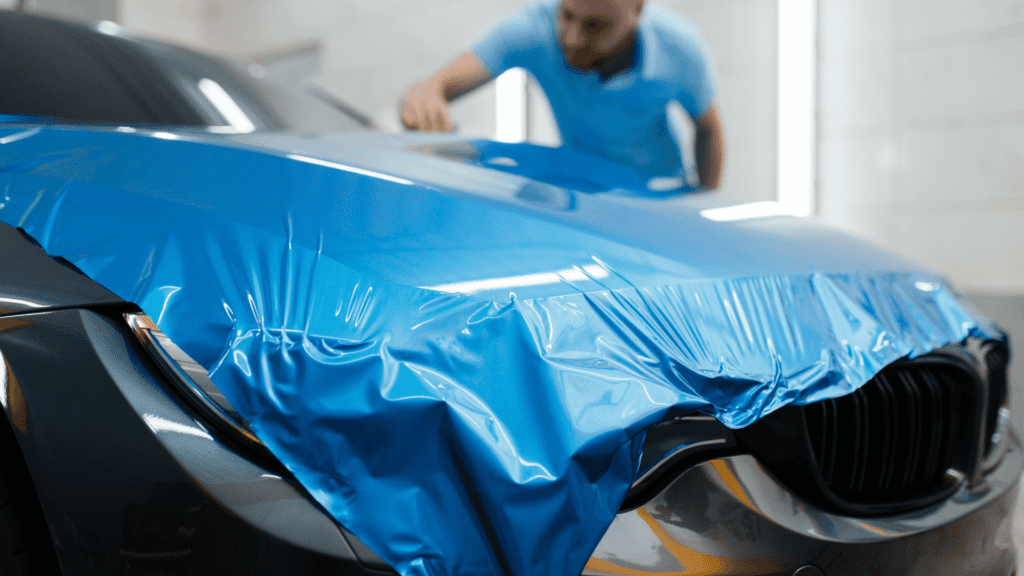
When considering car wrapping, it is crucial to find a reputable and reliable service provider to ensure a satisfactory outcome. Here are a few tips to help you make an informed decision:
- Research and read reviews: Look for car wrapping service providers in your area and read reviews from their previous customers. This will give you insights into the quality of their work and customer satisfaction.
- Request quotes and compare prices: Contact multiple service providers and request quotes for your specific project. Make sure to compare not only the prices but also the services and materials included in each quote.
- Check for certifications and warranties: Reputable car wrapping companies often have certifications from industry-leading organizations. Additionally, they may offer warranties on their workmanship and the quality of materials used. Checking for these credentials can provide you with peace of mind.
Conclusion
Car wrapping offers a versatile and temporary way to change the appearance of your vehicle. The cost of car wrapping depends on various factors, such as the size of the vehicle, type of wrap material, complexity of the design, and labor costs.
On average, a basic color change wrap for a standard-sized car can cost between $2,000 and $5,000.
It is important to consider additional costs for the removal of previous wrap or paint, surface preparation, custom design work, and optional services like protective coatings. By researching and finding a reputable car wrapping service provider, you can ensure a successful and satisfying car wrapping experience.
FAQs
Q: Is car wrapping a good investment?
A: Car wrapping can be a worthwhile investment if you want to change the appearance of your vehicle without committing to a permanent paint job. It offers protection to the underlying paint, allows for customization, and can be used as an effective advertising tool for businesses.
Q: Can I wrap my car myself to save money?
A: While it is technically possible to wrap your car yourself, it requires specialized tools, skills, and knowledge. Achieving a professional-looking result can be challenging for beginners. It is recommended to hire experienced car wrapping professionals for the best outcome.
Q: How long does a car wrap last?
A: The lifespan of a car wrap can vary depending on several factors, including the quality of the wrap material, installation techniques, and environmental conditions. On average, a car wrap can last between 3 to 7 years. Proper maintenance and care can extend its lifespan.
Q: Can I wrap a leased car?
A: In most cases, you can wrap a leased car. However, it is important to review the terms and conditions of your lease agreement and consult with the leasing company to ensure that wrapping the car is allowed and does not violate any contractual obligations.
Q: Is car wrapping reversible?
A: Yes, car wrapping is reversible. The vinyl wrap can be removed without causing damage to the underlying paint. However, it is essential to follow proper removal techniques or seek professional assistance to avoid any potential damage.

